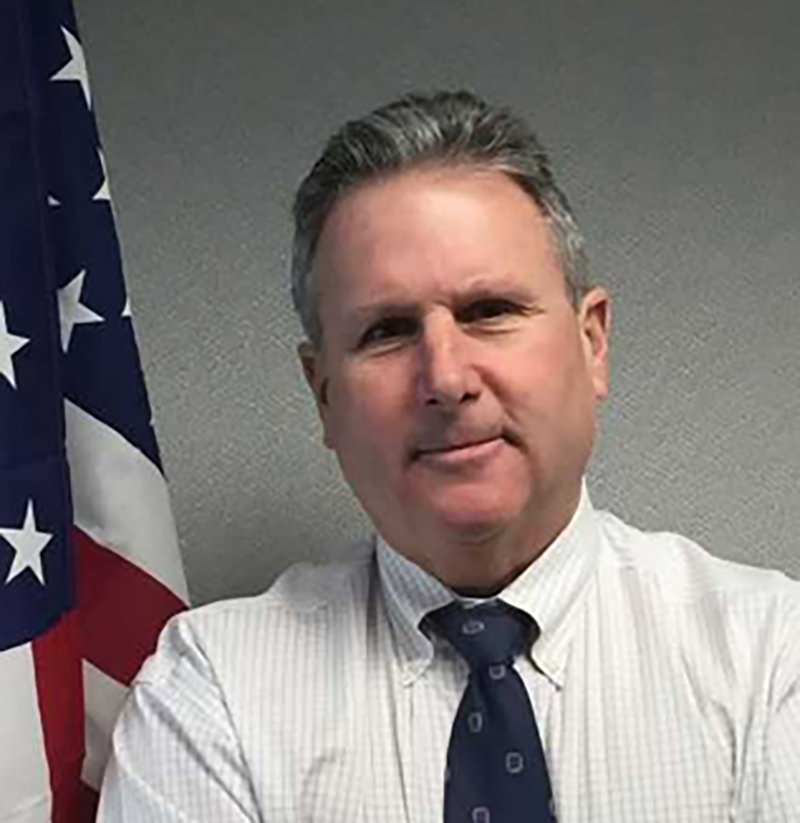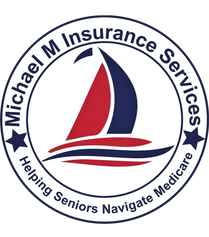For individuals turning 65 or newly enrolling in Medicare, the transition into this important phase of healthcare can be both empowering and confusing. Unfortunately, it also makes this group a frequent target for scams and fraudulent activity. Understanding the tactics that scammers use and knowing how to protect yourself can go a long way in ensuring your peace
of mind.
This guide is designed to walk you through some of the most common Medicare scams, how to recognize them, and simple steps you can take to
avoid becoming a victim. No scare tactics—just straightforward, supportive
information.
A few months later, Diane noticed multiple charges for medical supplies on her Medicare Summary Notice—none of which she had requested or received. Fortunately, with help from a SHIP counselor, she was able to report the fraud and prevent further billing.
Her story is a reminder that even smart, cautious people can be targeted—and that support is always available.
Make an appointment with a Local Medicare Advisor. He / She can walk you through the process from start to finish and does not charge for Advisory Services.
Why Are Seniors Targeted?
Scammers often target Medicare beneficiaries because:- Many are navigating a new and unfamiliar system
- Medicare is a federal program with predictable patterns
- Seniors may be more trusting or less likely to report suspicious behavior
Common Medicare Scams to Watch For
1. Fake Medicare Callers
Scammers call pretending to be from Medicare or the Social Security Administration. They may say:- “We’re issuing new Medicare cards and need to verify your number.”
- “You’re eligible for a refund or rebate.”
- “There’s been suspicious activity on your Medicare account.”
2. Bogus Medical Equipment Offers
You may receive calls or mail offering free back braces, knee braces, or other durable medical equipment (DME).They’ll claim:
- “It’s covered by Medicare—just give us your number.”
- “Your doctor requested this for you.”
3. Impersonating Medicare Agents During Enrollment
Scammers may pose as licensed agents, especially during open enrollment. They might:- Pressure you to switch plans immediately
- Claim your current plan is being discontinued
- Ask for payment over the phone
4. Fraudulent Health Screenings or Clinics
Pop-up clinics may offer free screenings in exchange for your Medicare number. These may appear at health fairs or in community centers. Their goal: Harvest your personal information and submit fraudulent claims.5. “COVID-19” or “Genetic Testing” Scams
Some scammers offer at-home COVID or genetic testing kits, promising they’re covered by Medicare.They may:
- Say your doctor authorized the test (when they didn’t)
- Ask you to “verify your eligibility” with personal details
Signs of a Medicare Scam
- You’re contacted unexpectedly by someone claiming to be from Medicare
- You’re asked to confirm your Medicare, Social Security, or bank account number
- You’re pressured to act quickly or risk losing benefits
- You’re promised “free” equipment, tests, or money
- Something just feels off or too good to be true
How to Protect Yourself: Do’s and Don’ts
DO:
- Guard your Medicare number like a credit card number
- Hang up on unsolicited calls claiming to be from Medicare
- Report suspicious activity to Medicare or the Senior Medicare Patrol (SMP)
- Check your Medicare Summary Notice (MSN) for unfamiliar charges
- Shred personal documents before discarding them
- Use trusted sources for Medicare advice (like SHIP or Medicare.gov)
DON’T:
- Don’t share your Medicare number with strangers over the phone or door-to-door
- Don’t respond to high-pressure sales tactics
- Don’t sign forms or give information for “free” gifts or medical products
- Don’t be afraid to ask questions—real professionals will never mind
What to Do If You Suspect Fraud
If you think you’ve been targeted by a scam:- Call Medicare at 1-800-MEDICARE (1-800-633-4227)
- Report it to the Senior Medicare Patrol (SMP) at smpresource.org
- Contact your local SHIP office for help reviewing your plan or concerns
Real Story: A Lesson Learned the Hard Way
Diane, 66, from Michigan, received a call from someone claiming to be with Medicare. They offered her a “free” knee brace and said they just needed her Medicare number to process the order.A few months later, Diane noticed multiple charges for medical supplies on her Medicare Summary Notice—none of which she had requested or received. Fortunately, with help from a SHIP counselor, she was able to report the fraud and prevent further billing.
Her story is a reminder that even smart, cautious people can be targeted—and that support is always available.
Final Thoughts: You’re In Control
Medicare scams are unfortunately common, but they don’t have to control your experience. By learning what to watch for and how to respond, you can protect yourself and your benefits.Make an appointment with a Local Medicare Advisor. He / She can walk you through the process from start to finish and does not charge for Advisory Services.
I received a call from an individual that said they were from Medicare and checking my eligibility. Are they from Medicare?
No, Medicare does not call unsolicited.
I saw a TV Commercial about “Extra Benefits, Just Call The 800 Number.” Should I call?
No, when you call they are telemarketers that sell your information to 3rd parties.
I want to do everything online, should I fill out a form from an email to receive information?
No, it’s another form of telemarketing. The solicitations will intensify with little being accomplished.
Mike Miligi- Owner
For over 10 years, Mike has been assisting Seniors and other Medicare-eligible individuals in understanding the ins and outs of Medicare and Medicare Health Insurance options, including Medicare Advantage Plans(Part C), Medicare Supplement Plans(Medigap), Prescription Drug Plans(PartD), and Dental and Vision programs.
Mike is Licensed in seven States and Certified with 11 Insurance Carriers. He has helped thousands of individuals decide on the best course of action for their particular Health Insurance needs. Because Mike is an Independent Medicare Health Insurance Broker, he works for the client, not the Insurance Carriers, and is able to provide his clients with accurate and unbiased Health Insurance options.
Mike recertifies with CMS(The Centers for Medicare and Medicaid Services) annually, regularly completes Continuing Education Courses required by individual State Insurance Departments, and keeps abreast of industry trends and standards to offer his clients the most up-to-date information.

